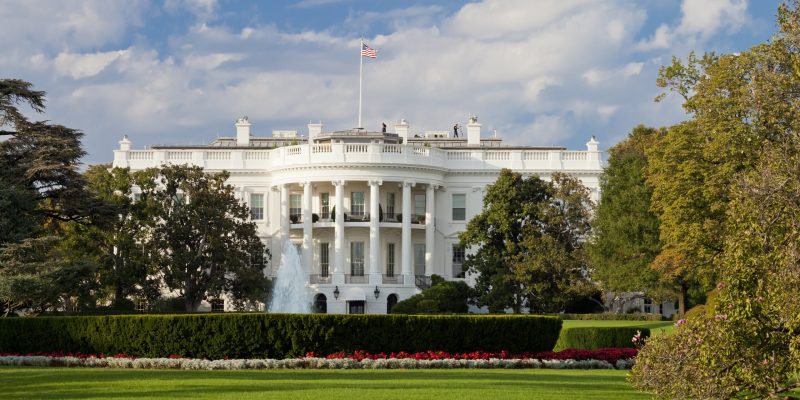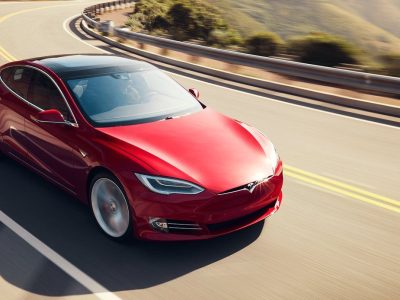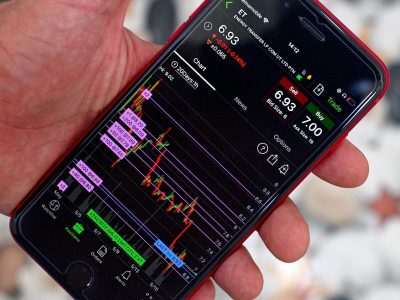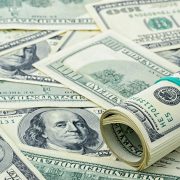
The upcoming debate between Vice President Kamala Harris and former President Donald Trump on Tuesday is set to be a defining moment in the 2024 election cycle.
With the race currently locked in a near dead heat, both candidates face immense pressure to sway undecided voters and solidify their bases.
This contest comes at a critical juncture, with the nation divided, voter enthusiasm high, and key battleground states up for grabs.
Harris gains ground, but Trump remains competitive
Recent polling indicates that Harris, who took over the Democratic ticket after President Joe Biden’s withdrawal, has made gains in popularity, but not enough to comfortably pull ahead of Trump.
In a New York Times/Siena College poll released on Sunday, Trump holds a narrow 2-point lead over Harris, though Harris maintains a slight national lead, hovering between 1 and 3 percentage points on average.
However, Republicans hold an advantage in the Electoral College, making Harris’ current lead less substantial when considering the overall election outcome.
The race closely resembles Hillary Clinton’s narrow popular-vote victory in 2016, as opposed to Biden’s 2020 win, when he secured both the popular vote and the Electoral College.
Battleground states in play
The 2024 election is poised to be determined in a handful of battleground states.
According to polling averages from RealClearPolitics, FiveThirtyEight, and Nate Silver’s Silver Bulletin, seven key states are within 3 points of either candidate.
In Wisconsin, Harris holds a 2.7-point lead in the FiveThirtyEight average, while Trump maintains a 2.1-point edge in Arizona according to the Silver Bulletin.
These slim margins reflect a deeply divided electorate and underscore the importance of Tuesday’s debate.
Both candidates need to appeal to voters in these pivotal states, where the outcome could determine the next president.
Harris’ favourability and room for growth
Kamala Harris has seen her favorability rating steadily increase since she took over the Democratic ticket.
On June 27, her favorability was 39 percent, rising to 48 percent in recent polls.
While not overwhelmingly popular, Harris is generally more well-liked than Trump, whose favorability remains around 44 percent.
There is significant upside potential for Harris in the upcoming debate, as polls show that 29 percent of voters still feel they do not know enough about her.
In contrast, 90 percent of voters claim to have all the information they need about Trump, suggesting Harris could benefit from strong debate performance by appealing to undecided or uncertain voters.
Third-party vote share declines
Earlier in the election cycle, third-party candidates posed a potential threat to the major-party nominees, with polling averages showing a significant share of voters considering alternatives.
However, recent developments have drastically reduced this possibility. Robert F. Kennedy Jr. has largely exited the race, and polls no longer consistently include him as an option.
This decline in third-party interest has contributed to a more traditional two-party race.
In a recent New York Times/Siena College poll, Libertarian candidate Chase Oliver garnered 2 percent, while Green Party nominee Jill Stein received just 1 percent. This reduction in third-party support helps concentrate the focus on the main candidates.
Voter enthusiasm: A tight race
Voter enthusiasm is another area where the candidates are nearly tied. Both Harris and Trump enjoy similar levels of enthusiastic support.
According to the New York Times/Siena poll, 72 percent of Democrats describe themselves as “very enthusiastic,” compared to 69 percent of Republicans.
Additionally, 63 percent of Harris voters and 58 percent of Trump voters report being “almost certain” to vote.
This parity in voter enthusiasm suggests that turnout will be critical, and neither candidate can afford to lose momentum.
The economy: Trump’s enduring advantage
The economy remains a central issue for voters, and Trump continues to hold an edge on this front. In the latest Wall Street Journal poll, 51 percent of voters believe Trump is better equipped to handle the economy, compared to 43 percent who favor Harris.
This represents a slight improvement for Harris, but Trump’s advantage on economic issues persists.
For Harris, narrowing this gap will be a key objective in the remaining weeks of the campaign. In 2020, Biden and Trump were evenly matched on economic trust, with each candidate garnering 49 percent of voters’ confidence.
Harris’ team hopes to close the current 8-point gap, particularly in battleground states where economic concerns are front and center.
Americans’ views on the direction of the country
A consistent theme throughout this election has been Americans’ dissatisfaction with the direction of the country. On June 27, only 25 percent of voters believed the country was on the right track, with 65 percent saying it was headed in the wrong direction.
These figures have improved slightly, with 27 percent now feeling positive about the country’s trajectory, but 63 percent remain pessimistic.
Interestingly, a majority of Harris supporters (56 percent) believe the country is moving in the right direction, while nearly 90 percent of Trump voters feel the opposite.
However, more than a quarter of Harris voters (28 percent) still think the country is on the wrong track, suggesting she is drawing support from voters frustrated with the current state of affairs but unwilling to back Trump.
The debate’s impact and what’s at stake
The upcoming debate presents both opportunities and risks for Harris and Trump. For Harris, it’s a chance to solidify her rising popularity and connect with voters who remain undecided or unfamiliar with her platform.
For Trump, it’s an opportunity to regain momentum and shift the narrative back in his favour.
While Harris has gained ground, the race remains far too close for comfort, and the Electoral College advantage held by Republicans adds another layer of complexity.
Both candidates will need to perform strongly on Tuesday to gain an edge in this razor-thin contest.
The post Kamala Harris vs. Donald Trump: Key takeaways from polls ahead of crucial debate appeared first on Invezz









